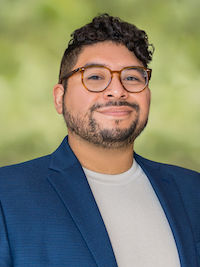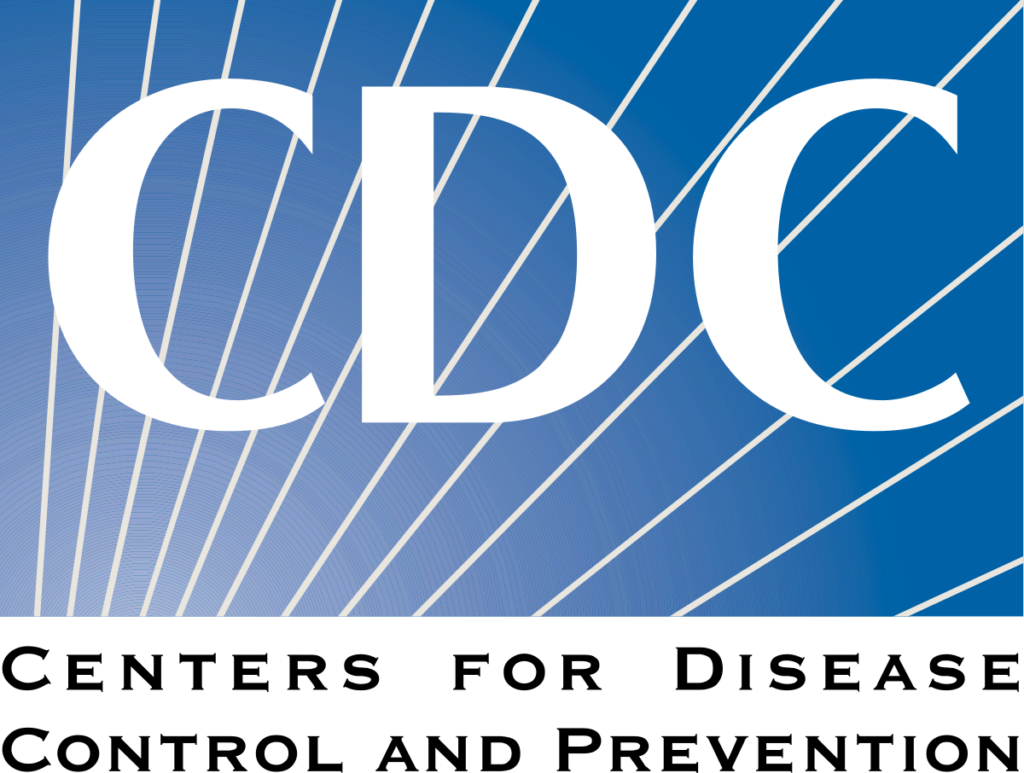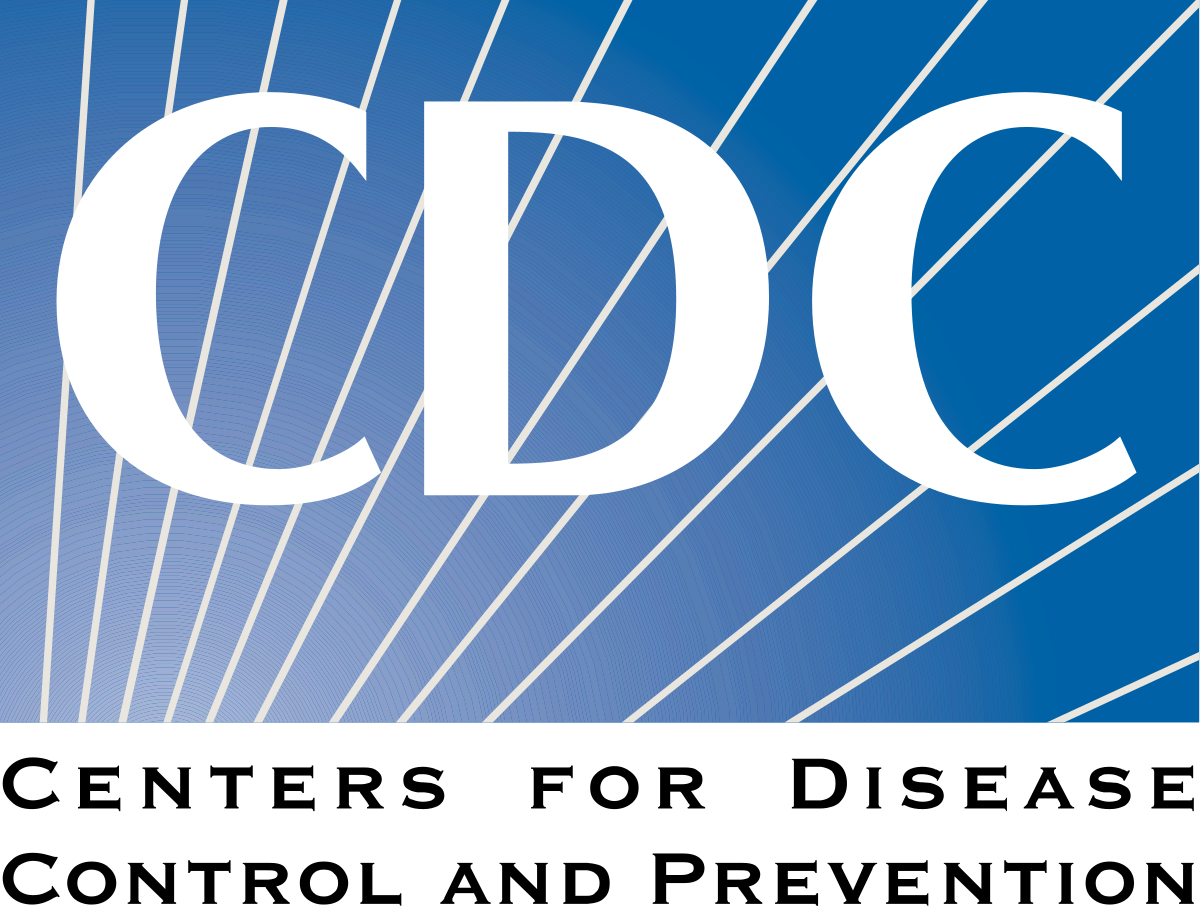Service: Disease Intervention Training
STD/HIV Partner Services Interview Demonstration
This video provides an example of a mock partner services interview with a syphilis client. HIV prevention is also addressed extensively during the interview.
Learn more and registerPartner Services
CDC Train’s Passport to Partner Services online modules are for providers who conduct all aspects of Partner Services (PS), and they are designed for PS professionals of all experience levels.
Learn more and registerIntegrating PrEP into Partner Services
CDC Train’s Integrating PrEP into Partner Services course is designed to give Disease Intervention Specialists (DIS) the tools they need to offer HIV pre-exposure prophylaxis (PrEP) to their clients by reviewing what PrEP is, how it differs from post-exposure prophylaxis (PEP) and how to assess whether a patient is eligible.
Entrenamientos de COVID-19 en español
Accesso a entrenamientos de COVID-19 en español de la plataforma CDC Train.
Christopher Garcia
Disease Intervention Trainer
Christopher Garcia (he/him/his) is a virtual trainer with the Disease Intervention Training Center (DITC). He is a veteran disease intervention specialist (DIS) and started his public health career in 2007 as a DIS at a large urban county health department in Arizona. While working as a DIS, Christopher led and influenced a first-of-its-kind program that embedded health department DIS into private HIV clinics. This satellite program significantly reduced the number of dual-infected Syphilis/HIV cases, increased the proportion of persons completing a partner elicitation interview, and increased the number of locatable partners notified of exposure and brought to treatment. In 2018, Christopher joined the Arizona Department of Health Services (ADHS) and led the HIV Prevention Program, as program manager, until August 2022.
His motto is “the more you know, the more you know that you do not know.” His unique skills includetamale making, social intelligence, and new media literacy.

Luis Peñate, MPH
Virtual Training Facilitator
Luis Peñate previously worked on the frontlines of the fight against HIV and is experienced in sexual health education, HIV/STI testing & counseling, case management, as well as program evaluation and fund development in community-based settings. Luis is committed to supporting the struggle for health equity and justice for queer and trans people, communities of color, working-class immigrants, and other historically disenfranchised communities.
Luis holds undergraduate degrees in Latin American Studies and Educational Studies from Swarthmore College, as well as a Master of Public Health with a Specialization in Health Promotion and Health Education from the UCLA Fielding School of Public Health.
When not at work, Luis enjoys spending time with family and their two energetic dogs, as well as critiquing and deconstructing TV shows with his partner.

Alberto Perez
DISTC Trainer/TA Specialist
Alberto Perez has over 20 years of expertise in the public health field developing, coordinating, and facilitating Spanish and English-language provider trainings. He has been employed with the CAPTC since 2000 and has served as a trainer for the California HIV PCRS training unit, PCRS Area Manager, and as a Bilingual Behavior Interventions Trainer. He has frontline experience with patients and has served as a Partner Services Provider for the Los Angeles County Sexually Transmitted Disease Program.
Alberto remains committed to enhancing the essential knowledge, skills, and abilities of training participants by providing interactive, skills-based trainings that create a solid foundation in Partner Services and disease intervention.

Recommendations for Partner Services Programs for HIV Infection, Syphilis, Gonorrhea and Chlamydial Infection
Quick reference guide for the MMWR Recommendations & Reports, Recommendations for Partner Services Programs for HIV Infection, Syphilis, Gonorrhea, and Chlamydial Infection
A quick reference resource, it only lists the recommendations and data security guidelines included in the MMWR. The document is available in its entirety at www.cdc.gov/nchhstp/partners.

Toolkit for Technology-Based Partner Services
The toolkit serves as a general resource for health departments, community-based organizations, and others on how to use the internet and other technologies to trace and contact persons potentially exposed to STIs including HIV.

